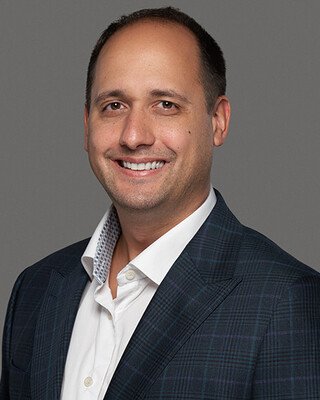Your Mental Health Data Advocate
Because mental health shouldn’t be a mystery
for iPhones only; Android waitlist here
Our Features
Effortless Tracking
Track what matters most, with clinically-relevant questions and easy integration with wearables & other data (if you want)
Personalized Insights
Get to know yourself better by seeing patterns over time. You don’t have to remember all your ups & downs - Lucid does it for you
Clinical Connection
Share insights with your clinician to complement care and help your clinician get a better sense of how you’re actually doing
Why Lucid?
Have you ever…
Forgotten to mention something important to your clinician or run out of time?
Couldn’t quite figure out how to answer your clinician’s questions?
Wondered why your clinician isn’t looking at your wearable data?
You’re not alone
Mental health treatment can be overwhelming and stressful. In fact, most people have trouble communicating with their clinician.
It takes time for clinicians to truly understand their clients, piecing together snapshots into stories.
“Using this app has helped me become more self aware… The app design makes it easy to use, and I like how I can choose what I want to track” "Lucid has all the information I need in one place"
“Lucid’s clinician report saves me 10-15 minutes. I can dive into the actual meat of why the client is here”
~ Psychiatrist and nurse practitioner
Get Started
Download Lucid here
Or search “Lucid Care” on the App Store (iPhones only). It’s free!
Sync your data
Follow prompts to choose what data you’d like to share (or not share). It’s 100% up to you!
Start checking in!
That’s it! Complete your first check-in, see your data, and start a habit of daily reflection.
If your clinician recommended Lucid
Connect with your clinician
You’ll need your clinician’s email or access code to link you to their practice.
Forgot? Email us: support@lucid.care or reach out via the app.
Before your next appointment
Easily “Generate Report” for your clinician via the app, so they can review key data and insights
Interested in Treatment?
We’re featuring a select handful of our clinician users. They are accepting new patients and are early adopters of technology!
Melissa Broughton, NP (website): Telehealth services in NY and MA. Accepts insurance and private pay. “I take a compassionate, open, and collaborative approach to working with clients. I believe in fostering a non-judgmental, respectful environment where clients feel empowered to actively participate in their care”
Dr. Krysti Vo, MD (website): Board-certified psychiatrist and child & adolescent psychiatrist. “I created Vo.Care Psychiatry and Behavioral Therapy so I could provide comprehensive mental health care services to anyone and everyone.” Provides 1:1 coaching, medication management, and customized mental healthcare. Licensed across multiple states.
Dr. Sarah Hollander, MD (website): Psychiatrist bringing “a unique blend: the rigor of neuroscience research, the depth of medical training as an MD, and a profound understanding of the soul’s journey toward wholeness.” Creator of TOLA (Tree of Life Alignment) – a new framework for high-achieving individuals to “close the gap between the life you’ve built and the life you actually want.” NY, NJ, MI.
Dr. Nicolas Sikaczowski, DO (website): Board-certified psychiatrist and child & adolescent psychiatrist. “Peace Behavioral Health is a small, boutique, locally owned, comprehensive Psychiatry and Psychology practice dedicated to providing Psychiatry and Psychology services utilizing unrushed evidence-based care throughout ME and FL.”









